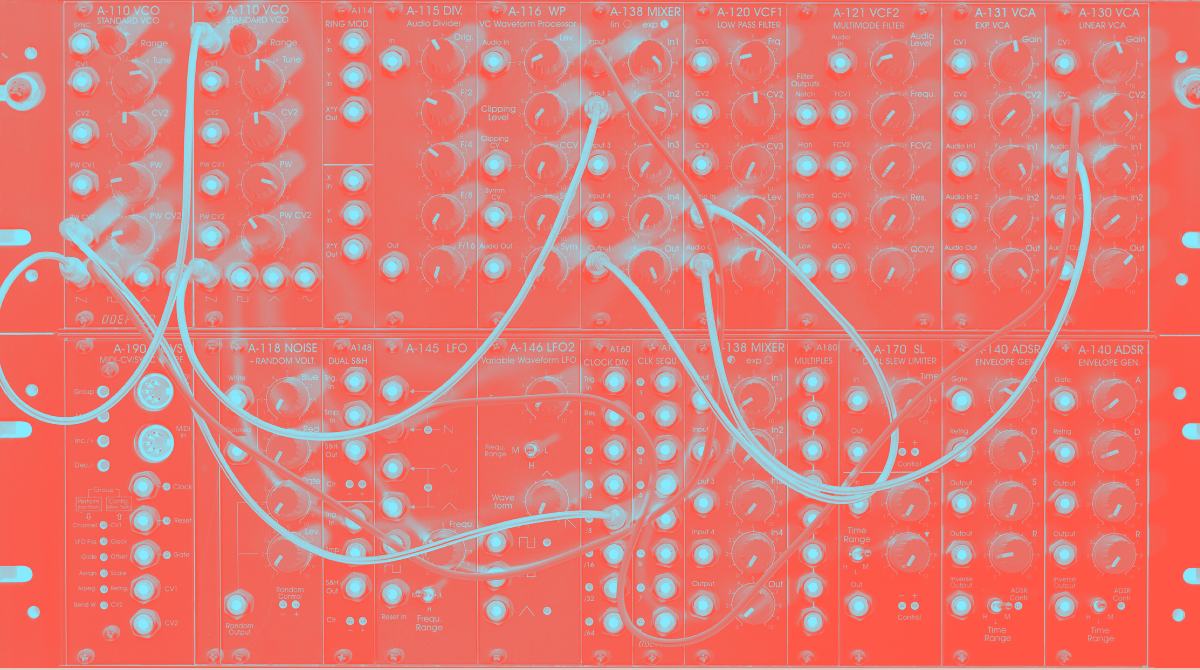Offline Recs: Elden Ring boyfriends, houseplant anthropology, typewriters as praxis
What we're reading, watching, and obsessing over this month, with friend-of-the-pod Drew Millard.
Welcome to Offline Recs, The Culture Journalist’s monthly digest of articles, music, tv shows, and other cultural ephemera we can’t stop thinking about — regardless of where they fit in the news cycle. This month, journalist and friend-of-the-pod Drew Millard joins us with a few of his pet obsessions of late. Yes, he is Emilie’s boyfriend, and yes, he has been playing Elden Ring non-stop. Note: Only paid subscribers can read this installment in its entirety.
Read
Josh Citarella, “How to Plant a Meme”
In 2018, the artist and researcher Joshua Citarella set out to infiltrate a handful of Gen Z-driven online communities incubating extremist political beliefs. He wanted to see if he could use their native codes of communication — anonymous meme accounts, irony, shitposting, etc — to covertly steer “their interests and activities toward more productive ends.” While the results weren’t as dramatic as he hoped — “You can nudge someone from [anarcho-primitivism] up to Mark Fisher but you can’t make them vote for Bernie Sanders,” he explains — he did manage to use memes to turn a bunch of strangers on to Fisher’s concept of capitalist realism. Last month, he published a fascinating post on his Patreon where he explains how he did it. —Emilie Friedlander
Anne Helen Petersen, Three-part series on Houseplants
Have you ever, during a moment of digital dissociation, started staring at your giant Monstera plant by the window and wondering how it got there? I’ll phrase the question more pointedly: Why, in the year 2022, do so many millennials keep houseplants, and what do the particular houseplants we keep, and the specifics of their placement and care (or lack thereof), say about us as a generation? In her three-part series on houseplants, writer Anne Helen Petersen shows that you could ask these questions about any era in the history of houseplants, from the 17th century to the 80s and 90s yuppie generation, and learn a lot about Western society’s evolving relationship gender, class, colonialism, and humanity’s impulse to dominate and contain the natural world. Part three, on the contemporary houseplant boom, has yet to come out, but I learned a lot about the historical origins of the houseplant in part one, and part two is fascinating if you’re looking to psychoanalyze your parents. —Emilie Friedlander
Follow
Social media is terrible, except when it helps you discover things like Bad Space Comics, a brilliant sci-fi webcomic series about (among other things) how social media is terrible. New Zealand-based artist Scott Base, a self-proclaimed lover of comics and science who is “less fond of the rich maggots killing our planet,” delivers sharp, thought-provoking, and generally horrifying (though occasionally uplifting) short stories about the void above and within. Stretching across 10 Instagram slides, his tales of galactic capitalism, climate change, and birds that evolve to speak use the medium to scratch at our heaviest existential weights in ways that feel as cathartic as they do foreboding. It’s easy to imagine his works ending up on shows like Netflix’s Love, Death & Robots or Black Mirror, and I’m crossing my fingers we’ll see some print output from him soon. In the meantime, his work lives on the ‘gram. Support him here. —Andrea Domanick
To read the rest, including culture recommendations from writer and (boy)friend-of-the-pod Drew Millard, sign up for a paid subscription.






